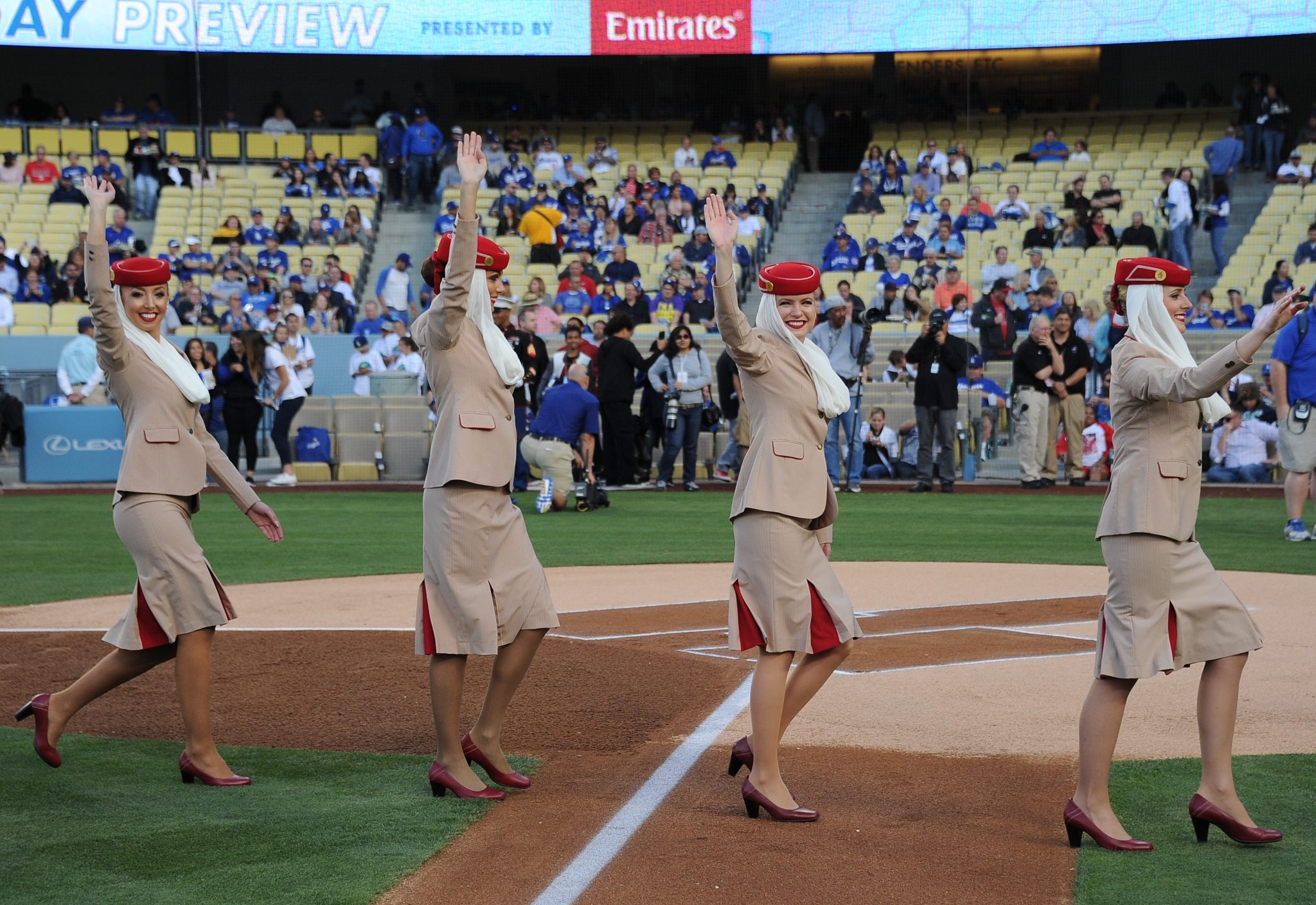Group Exercises are a really popular assessment method. No matter what airline you apply to work for, you can be pretty much guaranteed that you’ll take part in a Group Exercise at your Cabin Crew Assessment Day.
Airline recruiters love this type of assessment and for good reason. Group Exercises (sometimes known as Group Games) are one of the easiest, fastest and most accurate ways to assess a large group of candidates. Recruiters will be closely watching to see if you have the key competencies that they’re looking for. In just one exercise the Cabin Crew recruiter will be judging:
Communication skills, Teamworking, Decision making, Verbal reasoning, Timekeeping, Remaining calm under pressure, Presentation.
It’s absolutely essential that you present yourself in the right way. Recruiters will make important decisions based on your behaviour and how you interact with other group members.
Based on best practice and plenty of real world experience this is what I know works:
1. Know What to Expect
Now that you know this is a big deal, you might be feeling a little nervous. That’s absolutely natural – but, if you know what to expect you can go into your Assessment Day feeling confident.
All Group Exercises follow the same rough format. They might have different elements or present the task in a different way but what you’ll be expected to do is nearly always the same.
So whatever scenario is presented at your Cabin Crew Assessment Day, you can use these skills to succeed.
Group Exercises are always paper-based exercises – there’s no mountain climbing, obstacle courses or amateur dramatics needed. You’ll be split into groups of around 5-7 people and the exercise instructions will be read out. It will go like this:
The Typical Group Exercise
- The recruiter will present your group with a problem.
- They’ll then give your group a list of items that could help solve the problem.
- But you can only choose a set number of items.
- Within your group, you have to decide which items from your list to pick.
- You all have to agree on the selected items through discussion (not voting).
- All of this has to be done against a tough time-limit.
- Sometimes a ‘surprise’ turn of events will be announced by the recruiter.
- You’ll have to make changes to your selected items within a tight time-frame.
- Finally, the group may then be asked to present its decisions.
The exact running of Group Exercises can differ slightly from airline to airline. For example, you might not be expected to present your findings or a ‘surprise’ might not be introduced.
2. You Don’t Need to Win
Group Exercises can really bring out our competitive spirit. A lot of candidates believe that to succeed in the Assessment Day, their group has to come up with a winning solution to the Group Exercise. The truth is – The result does not matter.
Of course, it would be great if your group smashed the challenge but I can’t stress enough that the result is not your priority. The recruiter is not judging your group on how well it solves the problem. Recruiters are assessing each group member individually – based on how they interact with one another and how they deal with the exercise.
3. Prove You Possess the Desired Competencies
Everything you do during the Group Exercise should prove that you possess the competencies that Cabin Crew recruiters are looking for. Remember, the final result isn’t important. How you came to the final decision, and your interactions with other team members are your priority.
Show you possess these essential competencies by following the tips below:
Communication Skills
This isn’t just about your ability to get your voice heard. You need to show that you can actively listen to other candidates. When another candidate speaks, don’t interrupt them. Take the time to look at them and acknowledge you’re listening by nodding your head. Use positive words once they’ve finished: “that’s a good point”, “I like your idea”, “I didn’t think of that”, etc.
Look for opportunities to speak then present your idea and the reason for it. Don’t go on for too long. Make your point and then allow the group to discuss your idea. Listen to what other candidates have to say. Acknowledge any objections as being useful.
There’s a fine line between dominating the conversation and fading away into the background. Be active and energetic in the discussion but know when to step back. Always allow others the chance to speak and encourage others to participate if necessary.
Team Work
Volunteer to take on a task to help the group: At the start of the task, you can offer to read the instructions. You could take notes of what is being discussed or write the list of your final decisions. If these tasks have already been taken, look for opportunities to help other candidates with these duties. For example, you could summarise to the group what has been discussed so far.
Most groups normally end up with a natural leader. If this is you, make sure that you are constantly looking for opportunities to include others in the discussion. If you see someone is being left out or is quiet, encourage them to participate and ask them for their opinion.
Acknowledge the opinion of other candidates. Remain positive at all times. Be flexible and go with the group decision – once you’ve made your point, don’t labour it. If the group has discounted your idea just move on and accept the decision being made.
Decision Making
In finding a solution to the Group Exercise you have to make a decision as a group – you can’t simply vote or randomly pick items. However, the recruiter will leave the circumstances of the problem deliberately vague.
As a group, you have loads of flexibility to make assumptions and come up with a solution that suits you – there really is no right or wrong answer. So if the group is making decisions that you don’t necessarily agree with, embrace it. Okay, you’re allowed to disagree and present your opinion but don’t get into an argument simply because the group is coming up with a different solution than what you would.
Verbal Reasoning
Ensure you understand the rules of the task. Read the instructions out loud to the whole group. Pick up on key instructions and stress these points to the group. Ensure that everyone understands the directions.
Never say anything negative about another candidate or their suggestion. If you disagree with their idea, back it up with an alternative solution.
You’ll need to have a reason why you’ve chosen a specific item so be clear on this throughout the task.

Time Keeping
You’ll have a time limit to complete the task and its amazing how fast the time can run out. Some airlines are nice and will have a clock on display. Many others won’t. It’s essential that you wear a watch on your Assessment Day. Make sure it’s accurately telling the correct time.
When the recruiter starts the timer, take a quick look at your watch and note the time. Halfway through the task, remind the other candidates of how long is left. This is a good time to summarise the discussion and refocus.
A couple of minutes before the end of the task, again remind the group of how long is left and work on a final conclusion to your exercise.
Remaining calm under pressure
The time will seemingly disappear in the blink of an eye. You might have only two minutes left and your group is no closer to picking a list of items. At this point, it’s easy to let panic mode set in. We can be tempted to start raising our voices, talking over other candidates, forcing our opinions on others, being bossy and stop listening.
Remember, everyone in the group wants to come up with a great solution. Nobody wants to fail the task. Gently remind other candidates of the time constraints and present a possible solution. Summarise what has been discussed so far and allow other candidates to nominate items from the list. If you’re really struggling for time, agree with another candidates idea and back up why you think it’s a good suggestion – even if that isn’t your true opinion.
Presentation
How you present yourself with your body language is really important throughout the group exercise. You need to show that you are a welcoming and friendly candidate – someone who is open, honest and genuinely interested in the opinions and ideas of their peers.
Take the time to look at other candidates when they are speaking. Position your body so that it is facing them. Throughout the task, maintain a good posture and avoid crossing your arms or legs. Be aware of making facial expressions that may be construed as negative.
Speak clearly and in a style that everyone in the group will understand. If necessary, check for understanding and find a different way to make your point.
4. Enjoy the Exercise
I say this a lot, but I can’t stress how important this tip is: Have fun. Admittedly, the Group Exercise can be nerve-racking – it means so much and you could be up against some really big personalities. Try not to allow that bother you too much.
After all, the recruiter isn’t asking you to bring about world peace within the next 15 minutes. The Group Exercise is a fairly lighthearted activity that you can enjoy. So long as you’re being respectful of everyone, there really is nothing wrong with smiling, laughing and having a good time with the other candidates.
You’re being assessed individually, so just use the pointers above and let your personality shine through.




